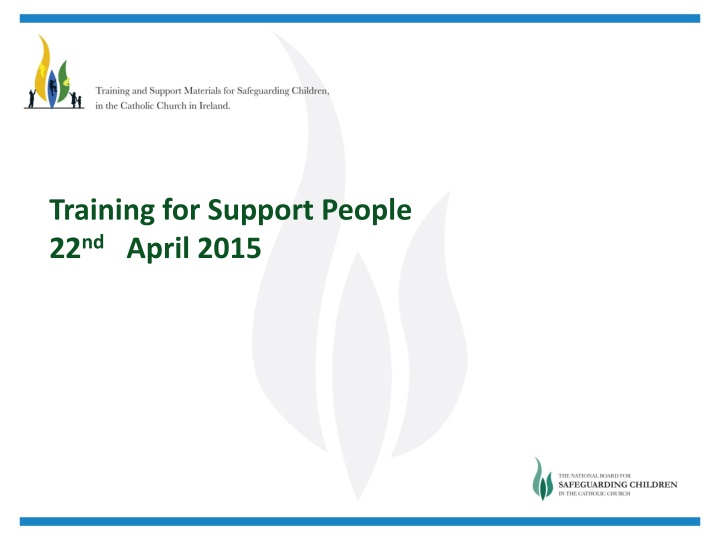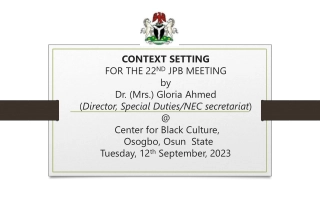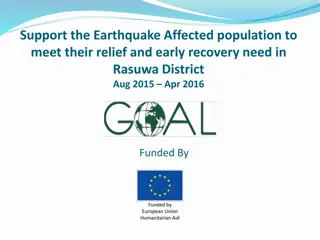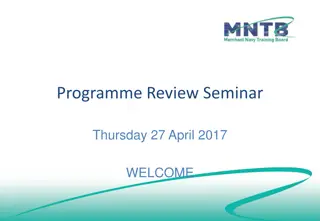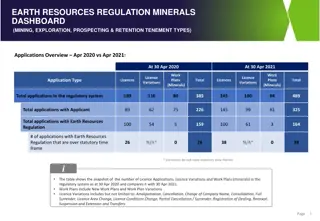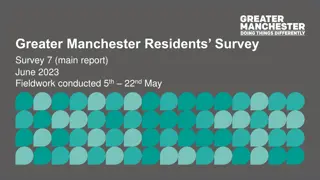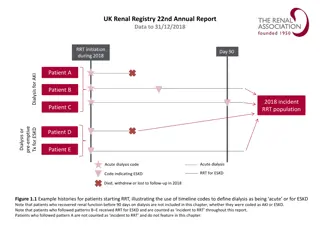Training for Support People 22nd April 2015
Join us on the 22nd of April 2015 for a comprehensive training session focusing on the role of support people. Explore the expectations, practical experiences, and advice related to this important position. Learn about key responsibilities, standards, and more to enhance your skills and knowledge in providing support.
Download Presentation

Please find below an Image/Link to download the presentation.
The content on the website is provided AS IS for your information and personal use only. It may not be sold, licensed, or shared on other websites without obtaining consent from the author.If you encounter any issues during the download, it is possible that the publisher has removed the file from their server.
You are allowed to download the files provided on this website for personal or commercial use, subject to the condition that they are used lawfully. All files are the property of their respective owners.
The content on the website is provided AS IS for your information and personal use only. It may not be sold, licensed, or shared on other websites without obtaining consent from the author.
E N D
Presentation Transcript
Training for Support People 22nd April 2015
Welcome Colette Stevenson
Prayer Jane Ferguson
Aims for the Day To identify and discuss your understanding of the role and what excites and challenges you. To identify what we expect the Support Person to do To give you practical experience and advice on how to carry out the role
Key Times Break 11:45 Lunch 13:00 End 15:00
Your Role Your role is: Keeping the complainant informed of the process of the case. Helping direct the complainant to counselling and support. Recording any meetings or contact they have with the complainant, and reporting to DLP as appropriate. Upholding the 7 standards in practice and behaviour.
Your Role Your role i snt: To be a counselor To be a spiritual director To be the case manager
What is expected: The Seven Standards A written policy for keeping children safe. Written procedures for responding to allegations, suspicions and concerns. Policies and practices to prevent harm to children. Training and education for safeguarding personnel. Clear processes to communicate the Church s child safeguarding policy and procedures. Access to advice and support for victims and perpetrators. A plan to implement and monitor policies and procedures.
The 7 Standards Standard 2 A written procedure for responding to allegations Standard 1 A written policy For keeping children safe Standard 3 Policies and practices to prevent harm to children Standard 7 A plan to implement and monitor the standards Standard 6 Access to advice and support Standard 4 Training and education for safeguarding personnel Standard 5 Communicating the Church s safeguarding messages
Creating and Maintaining Safe Environments Communicating The Church s Safeguarding Message Procedures for Responding to Child Protection Allegations, Concerns and Suspicions Implementing and Monitoring the Standards Care and Support for the Complainant Training and Support for Keeping Children Safe Care and Management of the Respondent
Care and Support for the Complainant 3.1 The Church Authority has personnel in place lay or religious whose clearly defined roles are to liaise with the person who alleges abuse (the complainant), or their nominated representatives. 3.2 The Church Authority has developed working relationships with the statutory child protection agencies and relevant voluntary organisations within which information, support and assistance is made available to the complainant, and to Church personnel as required. Church personnel seek specialist advice from the statutory child protection services when necessary, e.g. when the complainant is a child. 3.3 The Church Authority offers appropriate pastoral care and support to people who have been abused by Church personnel, which recognises their unique needs.
Links to Other Standards Standard 2 and 4 Clearly understand the case management process and the role of the support person within that Standard 7 The importance of keeping records up to date, to enable the DLP to produce an internal report on standard 2, 4 and 7 for the Church Authority
Why do we safeguard? The Law The United Nations Convention on the Rights of the Child (1989)- recognises children as people with holders of 42 rights which must be respected by the laws of individual countries including the Holy See, Ireland and the United Kingdom. All of the laws which are discussed later are a part of upholding the rights of children and young people.
Why do we safeguard? Key messages from the past Today the welfare of children is of paramount importance, in the past this wasn t always the case. Church-based organisations must be responsible for safeguarding in its widest sense (to ensure safe environments and safe practices for young people) as well as ensuring adequate responses to any apparent or reported concerns.
Why do we safeguard? The Gospel Safeguarding children is a practical living out of the baptismal vocation of every member of the Church to ensure the safety and well-being of those little ones whom the Lord sets before us as those to whom the kingdom of God belongs . (Mt 19:14)
Towards a Theology of Safeguarding Jane Ferguson
Keeping the Complainant Informed It is part of your role to keep the complainant up to date with the process of their case and provide them with appropriate support or counseling. To do this you need to understand the process of case management which you can attend training on. But you should also be kept informed of the case by the DLP through regular meetings.
Keeping the Complainant Informed During your meetings with complainant they may require support: If it s about counselling refer to Towards Healing It it s about spiritual help refer to Toward Peace If it s about anything else speak to the DLP Its important you document and record these requests and pass to the DLP to put in the case file Refer to Handout
Practical Experience of Being a Support Person Jane Ferguson Liam Lally
Support Colette Stevenson Una Allen
Who needs support? Complainant Respondent Congregation Safeguarding Personnel
What kind of support? Complainant- Towards Healing, Toward Peace, Support Person Respondent- Counselling, Adviser Congregation- Counselling Safeguarding Personnel - Supervision
A definition for the Church An arrangement to discuss your work regularly with another person formally and informally Supervision is designed for you to work together to ensure and develop the efficacy of working situations It will gather the actions and behaviours and feelings about the work, together with the supervisor s reactions, comments and challenges It is a practice that is bounded by an explicit contract that emphasises that the needs of the person being ministered to take priority. It is NOT therapy
How does the Process work? 1. Initially a person is chosen who: You believe you can relate to You believe you can trust and Has the right skills for what you need 2. A contract or written agreement is produced which covers: Costs Frequency of supervision Meeting place Confidentiality
How does the Process work? 3. At The Session Supervisee submits relevant issues that emerged in their work especially issues that were difficult to deal with Supervisor encourages them to look at other possible ways of responding What was happening to supervisee as they worked? What was the relationship like? Targets are set for the next session 4. Periodic Review Set milestones are agreed when the supervision process will be evaluated
Challenges How is it resourced? How is confidentiality maintained? Difficulty in trust How are objectives set and achieved? How do you convert what is said in supervision to actions?
What to Record During your meetings with complainant a number of Issues may come up, you should record: Dates times and locations of meetings Any requests for support Any additional information with regards the case Refer to Handout
